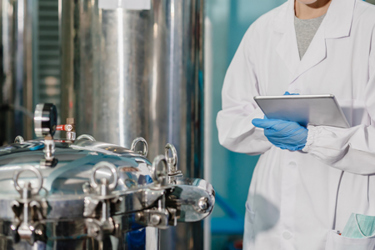Unravelling The Complexities Of ADC Development And Manufacturing

Antibody-drug conjugates (ADCs) are at the forefront of targeted cancer therapy, offering a transformative approach to treating a wide range of diseases. By combining the specificity of monoclonal antibodies (mAbs) with the potency of cytotoxic payloads, ADCs have the potential to deliver highly effective treatments while minimizing damage to healthy cells. However, their complexity presents unique challenges that must be addressed to ensure safe, efficient, and scalable production.
Developing and manufacturing ADCs requires precise control at every stage, from antibody selection and linker chemistry to payload attachment and bioconjugation strategies. The process demands specialized expertise in handling highly potent compounds, ensuring batch consistency, and maintaining stringent regulatory compliance. Additionally, adaptable manufacturing processes are essential to meet the evolving needs of clinical and commercial production, requiring facilities equipped to handle both small-scale development and large-scale commercialization.
In this whitepaper, we explore the intricacies of ADC development, from design and optimization to manufacturing and regulatory considerations. We examine the critical factors that impact efficacy, stability, and safety, providing insights into best practices for navigating the complex ADC production landscape. Whether you are in the early stages of development or scaling up for commercialization, understanding these challenges is essential for bringing life-saving ADC therapies to patients worldwide.
Get unlimited access to:
Enter your credentials below to log in. Not yet a member of Bioprocess Online? Subscribe today.
